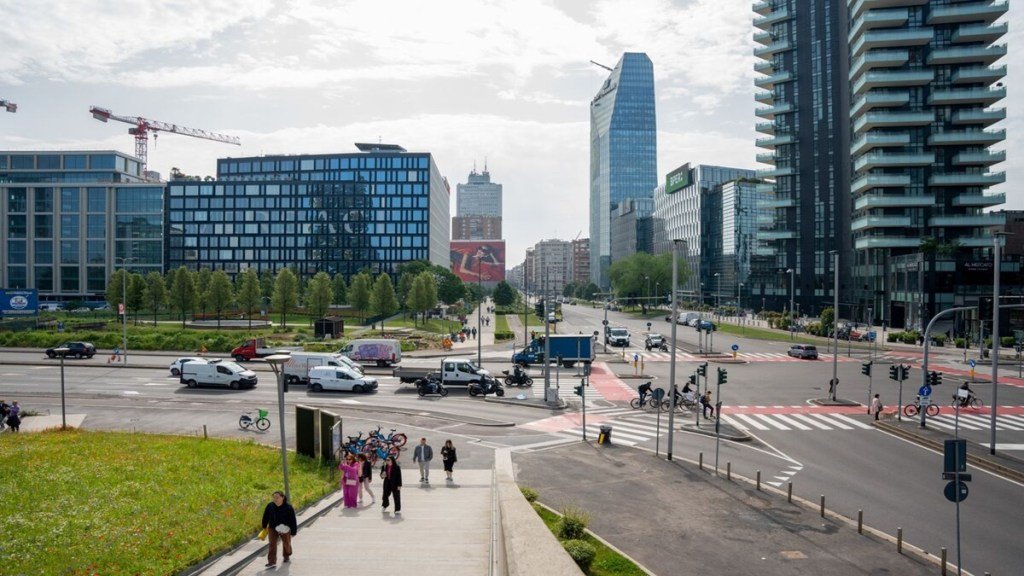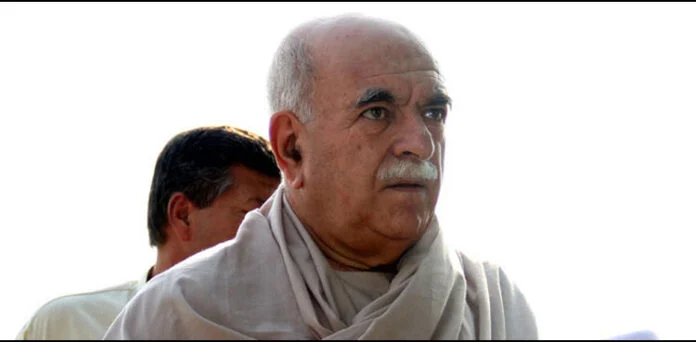
Pursuing higher education in another country is an exciting opportunity, but managing expenses can be a challenge. Fortunately, several countries offer not only excellent academic programs but also the ability for international students to work part-time, helping to cover living costs while gaining valuable experience.
Germany is a top destination for students due to its well-respected education system and tuition-free public universities. International students can work up to 120 full days or 240 half days per year, providing opportunities to engage in research, hospitality, and various other fields. After graduation, a residence permit allows an 18-month job search period, making it easier to transition into the workforce.
Canada attracts students with its diverse culture and welcoming policies. Those on a study permit can work up to 20 hours per week during the academic term and full-time during scheduled breaks, eliminating the need for an additional work permit. After completing their studies, graduates can take advantage of the Post-Graduation Work Permit Program, which provides an opportunity to gain work experience and apply for permanent residency.
Australia offers a balance between academics and employment, with students permitted to work up to 40 hours every two weeks during the semester and unlimited hours during vacation periods. The country’s post-graduation work visa, depending on the level of qualification, allows graduates to stay and work for up to four years, providing a pathway to long-term career opportunities.
France, known for its rich culture and affordable education, enables international students to work up to 964 hours per year, which is roughly 20 hours per week. Many universities have low tuition fees, and financial support is available through scholarships, easing the cost of living. Working in local businesses, cafes, or even internships helps students integrate into the French work environment while supporting their studies.
New Zealand, with its stunning landscapes and welcoming atmosphere, allows students to work up to 20 hours per week during the academic year and full-time during holidays. After completing their education, graduates may qualify for a post-study work visa lasting one to three years, providing a chance to gain professional experience and explore career options.
Studying abroad offers more than just academic knowledge—it provides the opportunity to develop real-world skills, earn an income, and build a future in a new country.




















